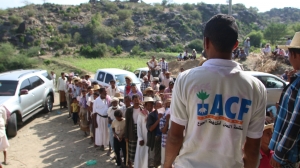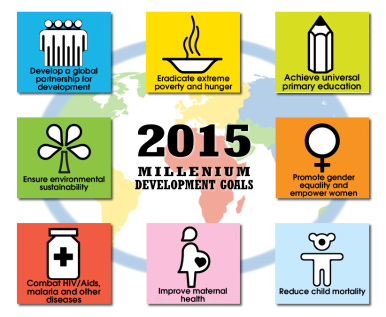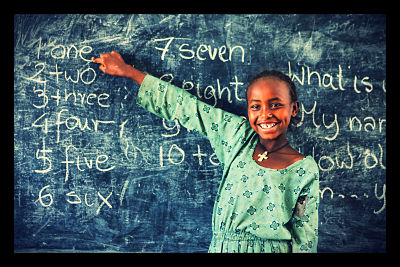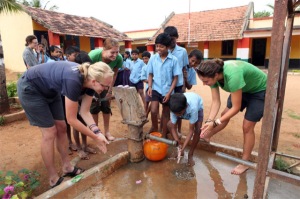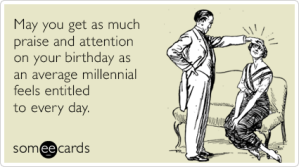About 795 million people around the world don’t have enough to eat every day, or about 1 in 9. In fact, in 2010 alone 7.6 million children went hungry and died as a result. This hardly has anything to do with the level of food grown or created in the world and everything to do with the global spread of poverty. Action Against Hunger | ACF International is a humanitarian organization working to end global hunger by providing communities around the globe with sustainable hunger solutions and access to clean water.
Since they work all over the world from Somalia to Peru and Bangladesh to Syria, each of their projects is context-based and geared towards the specific community they’re currently working in. By combining immediate emergency hunger solutions and long-term and lasting solutions that targe the underlying causes of hunger and malnutrition, they are able to provide communities in developing nations real help to real problems in their area.
Last year they were able to treat 5 million people for malnutrition and illness while, in 2013 alone, they helped two million people attain economic self-suffieciency. And when you donate, you know that a huge chunk, 86.8%, of your donation goes directly to the programs helping those in need. Of the remaning donation, 10.6% goes to administrative costs and 2.5% to fundraising expenses. This, combined with their overall work, transparency, and excellent contributions to the global community has earned them:
- Highest rating from Charity Navigator, seven years in a row
- “A”-rated organization by CharityWatch
- Guidestar’s Exchange Seal for our commitment to transparency
- “Best in America” seal by the Independent Charities of America
Presently their main foci are on Nepal, South Sudan, and Nigeria due to natural catastrophe and violent conflicts, although they continue to work in another 45+ countries to help more than 9 million people a year. With their over 30 years of experience and the help of those outside the organization, they can continue their great work and reach those who are truly in need.
For more information or to make a donation, check them out here.
